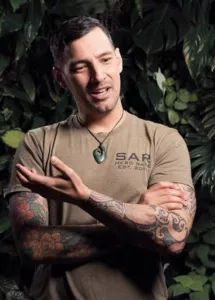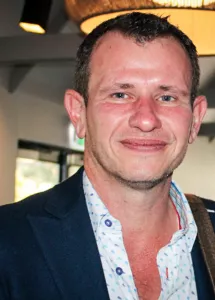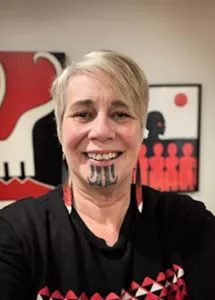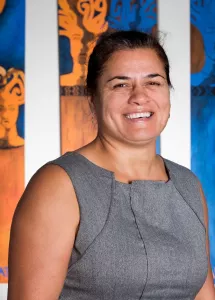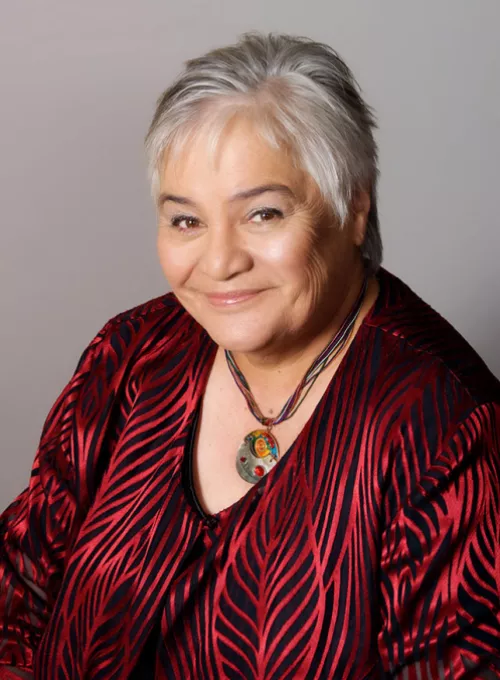
Few people can deal with pressing problems in the present and, simultaneously build platforms relevant to the future. Tariana Turia has shown how both are possible. Well before entering Parliament, she fostered community cohesion and responsiveness to adversity and disadvantage. She did so in a manner that led to strong, sustainable leadership within her whānau, hapū and iwi and helped generate greater awareness for health and the positive roles communities might play.
Then, as a Minister of the Crown, she introduced policies and programmes focused on building for the future. Importantly, she saw whānau as key vehicles for Māori wellbeing in the decades ahead. Moreover, she recognised that focusing only on adversity and disadvantage ran the risk of creating an attitude and a perception of incapacity when what was needed was confidence and a determination to succeed.
Whānau Ora will remain synonymous with Minister Turia. The development, implementation and progression of Whānau Ora would not have occurred without her advocacy, diplomacy and determination. She also persuaded parliamentary colleagues that change was needed and offered a model for change that could influence the whole society. In addition to Whānau Ora, her contribution to social policy across various policies has been groundbreaking. Her support and efforts to ensure health gains for Māori speak for themselves. Shortly before she retired from parliament as Associate Minister of Health, she also launched a refreshed Māori health strategy – Pae Ora – which set out a tripartite approach to health encompassing individuals, whānau and natural and built environments.
The book Crossing the Floor recognises the efforts of Tariana Turia to create a society where Māori potential can be realised and whānau can flourish. Her down-to-earth approach, coupled with her extraordinary ability to relate to all sections of society in frank ways and, at the same time, be inspiring, has provided a style of leadership that can serve as a model for future generations.
- Sir Mason Durie.
One speech that epitomises the unique leadership style of Dame Tariana was entitled The Starfish Factor1. She recounted a story about an old man walking along the beach, overwhelmed by the sight of starfish stranded on the shore. Along came a little boy, frantically throwing the starfish back into the sea. “There are so many here,” said the old man. “You can’t possibly save them all, so why bother?” The little boy slowly reached down and threw another starfish into the water. “It matters to this one,” he said. That was the special magic that Whaea Tariana cast over Ministers, government departments, providers, and whānau alike.
Make it matter.
Make all our children know they are loved.
Let people with disabilities design their own destiny.
Create the opportunity for whānau to be in the driving seat.
Eliminate violence from within our midst while at the same time encouraging strategies to keep our families safe.
Whaea Tariana was never bolder than tackling the tobacco industry2, removing the display counters from public view, introducing plain packaging and setting a national target to be smoke-free by 20253. As soon as one Bill was lodged, she would be on to the next challenge – what can we do about second-hand smoke? How do we legislate against children being exposed to tobacco fumes in cars?4
There were other gains – so many – that represent her determination to create a better future for all her mokopuna. Repealing the Foreshore and Seabed Act5. CommuCommunity-ledlopment pilots. Māori health innovation. A rheumatic fever prevention strategy6. Computers in Homes7. Bi-literacy. Enabling houses to be built on multiply-owned land.8 An inquiry into cervical screening. Confront institutional racism. Ensuring cultural competency was a public service norm.
But it was not just what she did that was revolutionary; the magic was in how she led. She aspired to live by kaupapa, creating the concept of a ‘mana-enhancing relationship’ in a coalition agreement. She is the first MP to swear the oath in te reo Māori. She created a space for iwi leaders to talk with Ministers, invited people with disabilities to the Cabinet table, and gave whānau a voice. She ‘walked the talk’ – at the marae, in the debating chamber, at home.
- Helen Leahy.
[1] The Starfish Factor; opening address to national conference of the New Zealand Family and Foster Care Federation; Hon Dame Tariana Turia, 18 June 2010. https://www.beehive.govt.nz/speech/starfish-factorSir Mason Durie, Helen Leahy
